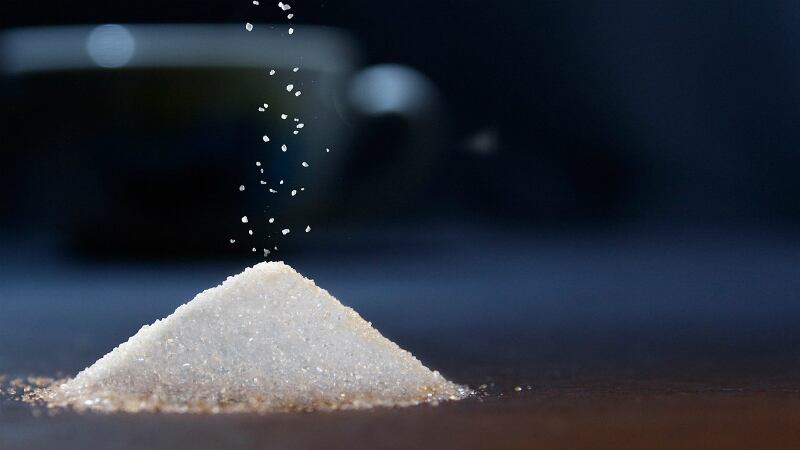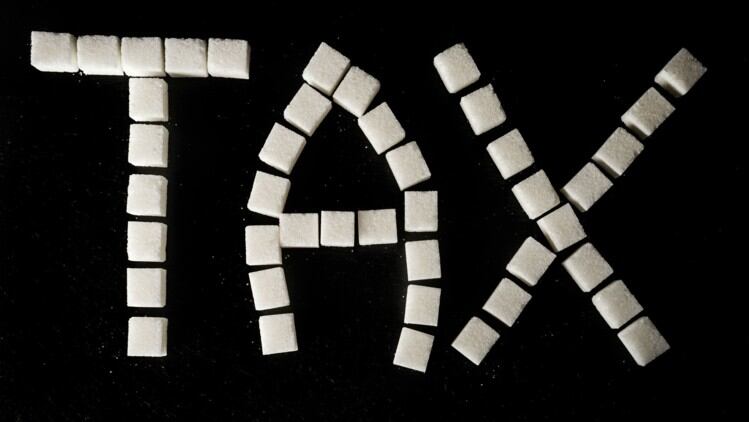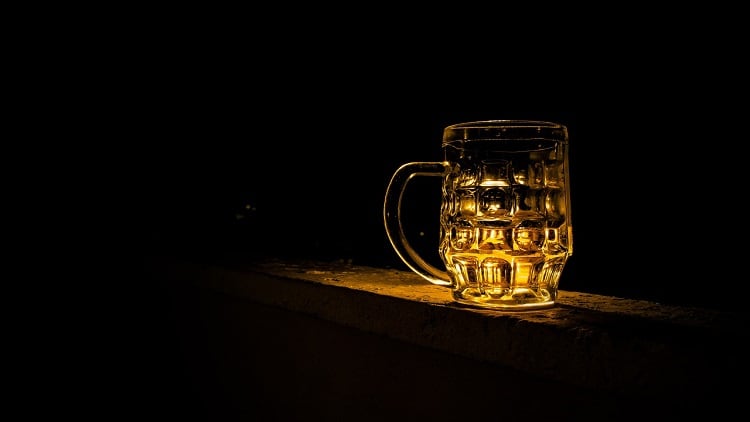At a recent such session held by the Ministry of Health (MOH) on January 19, beverage companies appear particularly concerned with the sustainability of sugar tax and its specific targeting of SSBs. Such a focused measure is not expected to have lasting results.
“It will simply shift the consumer to unregulated products like bubble tea, or those that are served fresh in coffee chains,” said Deputy CEO of Pokka International Daniel Teo via a Channel NewsAsia video, citing tobacco taxes and their failure to significantly reduce smoking as an example.
“If you look at the research carefully, 50% of the cause of diabetes is attributed to sugars in food and processed food, so that's a huge other part that needs to be addressed.”
Teo also suggested that MOH reward companies that produce healthier products instead, because ‘nobody likes punishments or a punitive approach’.
That said, the government currently still appears ready to stand by its initial proposal.
Senior Minister of State for Health Edwin Tong said at the consultation session that the tax was a measure that the government hoped would ‘influence and shape’ both consumer and manufacturer behaviour.
“If we impose taxes, if we do take that step and end up collecting more tax, then I think something is not right. It means that people are willing to pay that tax to consume the same amount of sugar,” Tong added.
The consultation participants also voiced that a complete ban on higher sugar drinks (5.5 teaspoons of sugar or more per 250ml) is what was described as a ‘draconian’ measure, and requesting for a wider selection of healthier options instead.
MOH proposed four measures to tackle sugar consumption and diabetes in December last year. These were: 1) A ban on Higher-Sugar Pre-Packaged SSBs, 2) An excise duty on manufacturers and importers, 3) a mandatory Front-of-Pack nutrition label and 4) implementing advertising regulations that limit exposure to less healthy food and drinks ads.
The public consultation on these proposals ran from December 4 2018 to January 25 2019.
According to The Straits Times, the January 19 session was the last of over 10 sessions held since December, and MOH has gathered comments from over 3,000 members of the public via online and offline channels thus far.
Industry feedback
Concurring with Pokka International, trade body Food Industry Asia previously commented via a statement that: “[There] should be a more collaborative multi-stakeholder approach, including the industry, to help solve some of these issues rather than present options like blanket bans or those that may be viewed as discriminatory in nature.”
FIA Executive Director Matthew Kovac added that ‘there is no magic bullet’ to tackle chronic diseases, and that ‘many scientific studies have suggested [limited effectiveness] of sugar tax in limiting SSB consumption’.
As for the ban on higher-sugar packaged drinks, he said: “Consumption habits are hard to change and an outright ban on pre-packaged SSBs will not guarantee an overall fall in sugar intake as consumers may simply choose other foods that can satisfy their needs.
“The prevention of Non-communicable Diseases (NCDs) goes beyond sugar reduction – it requires adopting a balanced diet and maintaining an active lifestyle. A more effective approach would be one that is coordinated across all levels, including steps such as nutrition and physical education.”
Similarly, Coca-Cola Singapore had told Channel News Asia last year that “We believe there are more effective ways to address diabetes and obesity than taxes or advertising restrictions that only target beverages.”




